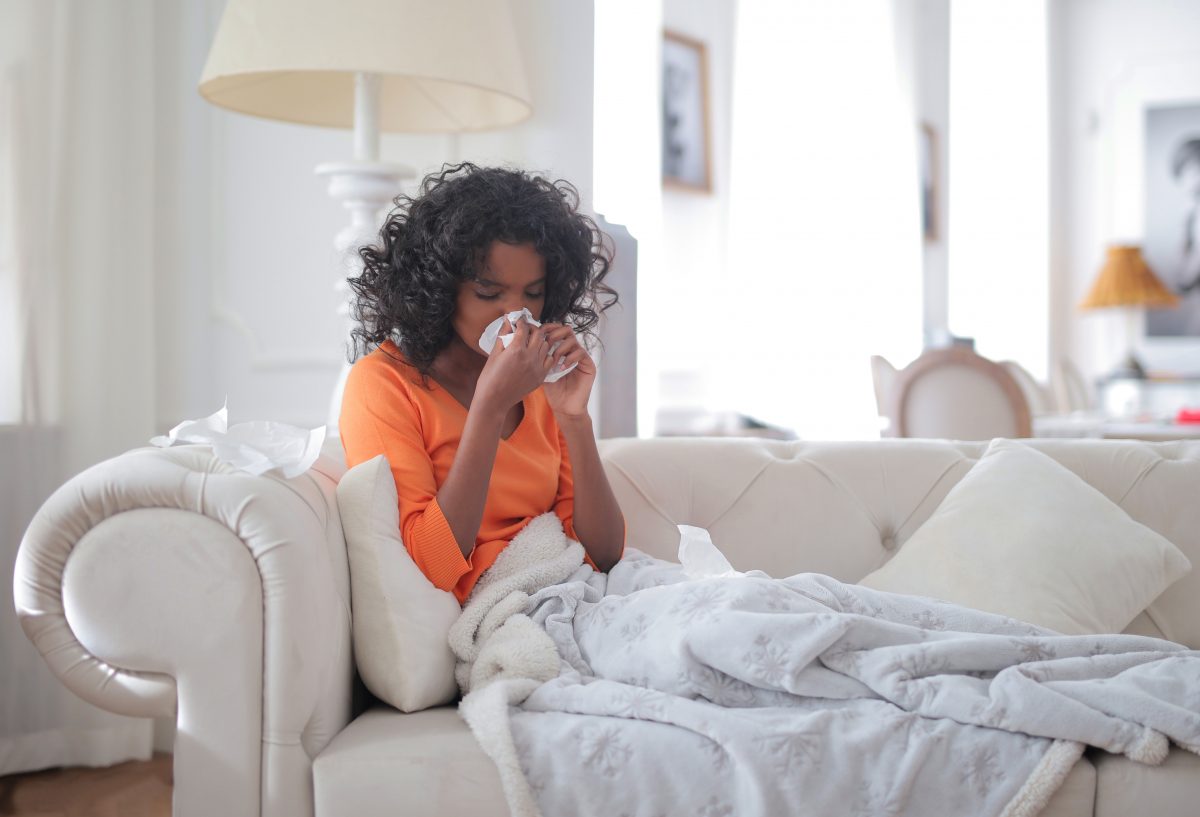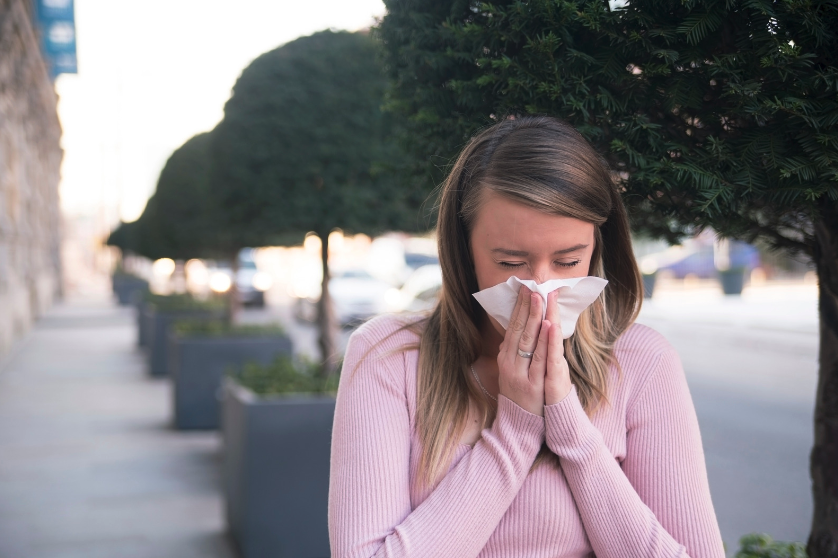Common Spring Allergies and How to Get Relief

While we all welcome the green grasses, beautiful trees, and blooming flowers of spring in Iowa, many of us dread the spring allergies that come with warm, windy days. If you have sneezing, runny nose, itchy, watery eyes, and a cough or need to clear your throat, this may indicate that you have spring allergies.
Allergy season can make your nose and throat feel inflamed and irritated, and overall, it can make you feel tired and sluggish. Fortunately, there are several ways to get relief from seasonal allergies, including over-the-counter treatments, immunotherapy or “allergy shots,” and temporary lifestyle modifications.
Spring Allergies and Treatments
The most common allergens during this time of year are tree and grass pollen, which irritate sensitive nasal tissues. Symptoms include runny nose, post-nasal drip, coughing, and sneezing, among others.
Dr. Stemmerman can help you manage your spring allergies as well as year-round allergies. Seasonal allergies often respond well to over-the-counter allergy medicines, such as Claritin and Nasacort.
Antihistamines like Claritin counteract the chemical called histamine that your body forms when you are exposed to an allergen. Antihistamines can cause some minor side effects, like drowsiness and thirst, which you should discuss with Dr. Stemmerman. Most are available over the counter, providing an accessible way to get allergy relief when you need it. If one brand doesn’t work, another may work better, so talk with Dr. Stemmerman for guidance.

Nasal steroids use a steroid to prevent the inflammation caused by the allergen. These are most useful and effective on congestion, sneezing, and an itchy, runny nose. Giving yourself the spray takes some getting used to, and they can sting and cause an aftertaste.
Some people avoid medication by using nasal irrigation techniques, which can rinse the nasal cavity of allergens. Saline sprays available at the drug store may help with your allergy symptoms. Others use a neti pot, which is a tool for irrigating your nose with distilled or sterilized salt water.
If over-the-counter treatments no longer relieve your allergy symptoms, ask Dr. Stemmerman about allergy testing and immunotherapy. Allergy testing will help determine the cause of your symptoms, which can be helpful in determining if immunotherapy is right for you. With immunotherapy, a series of injections containing small amounts of your allergic triggers help stimulate your immune system, which can be helpful in alleviating allergies.
Shifting Your Spring Lifestyle
Another way to help get yourself through the spring allergy season is to avoid working or exercising outside during high pollen count days or when it is windy. Being outside on those days will expose you to more pollen, which can trigger allergy symptoms. Allergy sufferers should also avoid hanging laundry outside to dry, as pollen can stick to cloth, and windows should be closed when pollen counts are high. Indoor air purifiers can further ensure that allergens remain at a minimum inside your home.
To learn more about your allergic triggers, check a weather app for information about the pollen count on the days you have symptoms. Many apps track which allergens are predominant. Some even have maps showing the area with the highest pollen counts. Note that early morning hours often are the worst for pollen counts.
Remember that the wind can aggravate spring allergies, bringing more pollens, dust, and particulates into our area. Iowa experiences a lot of wind in the spring, making it quite challenging to avoid allergic triggers. If you need to do some work outside or in the garden, it may help to wear a mask. Clean up after your spring projects and do a nasal saline rinse to remove pollens from your face and nose, and wash outdoor activity clothing to prevent bringing pollen into your home and spreading it around.
With some short-term treatment using medications and other techniques, you can get spring allergies under control! Schedule a visit with Dr. Stemmerman when your spring allergies become troublesome.

